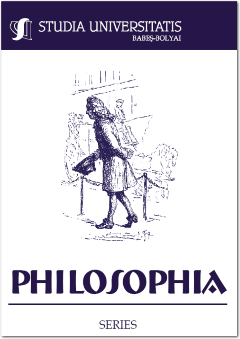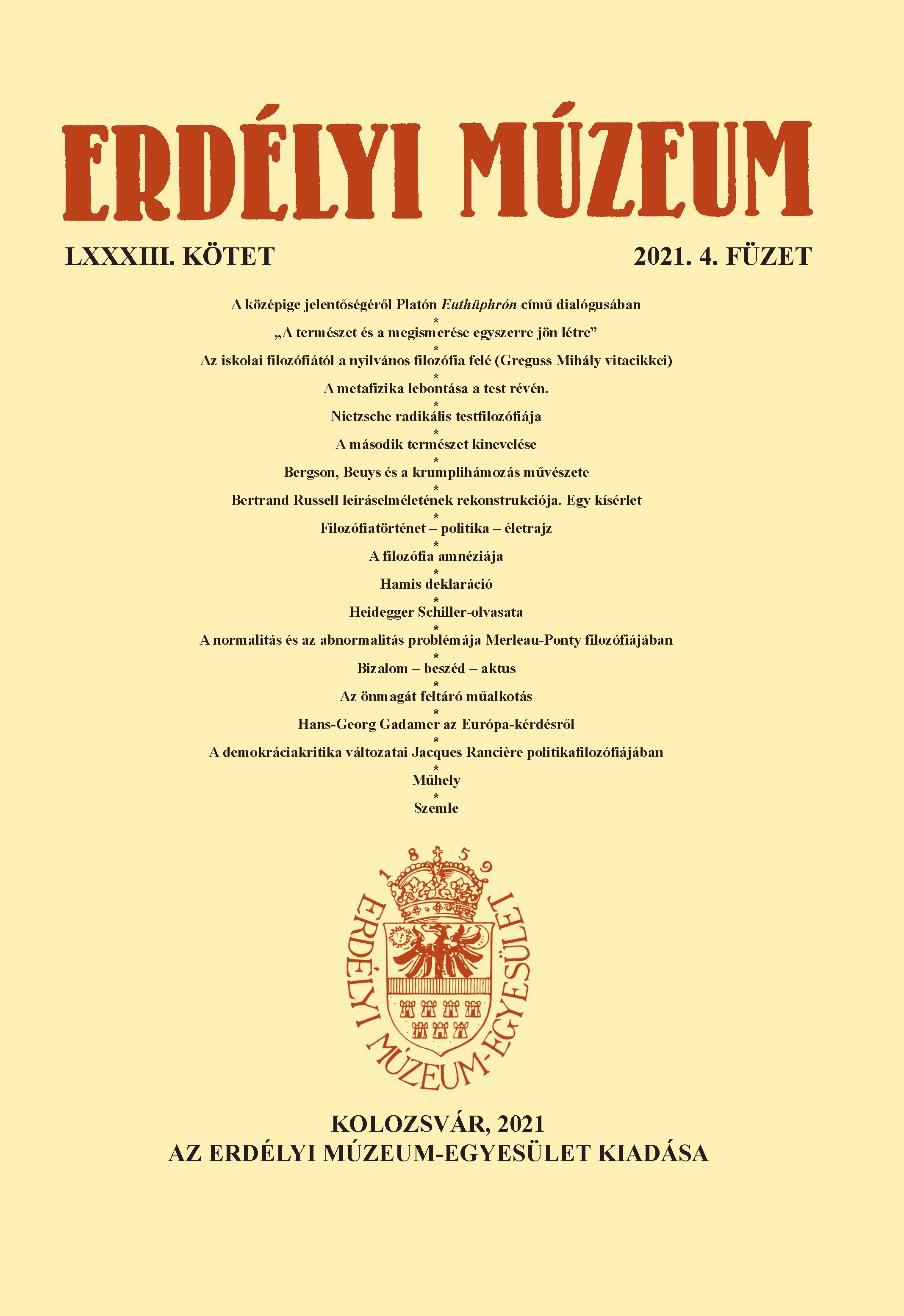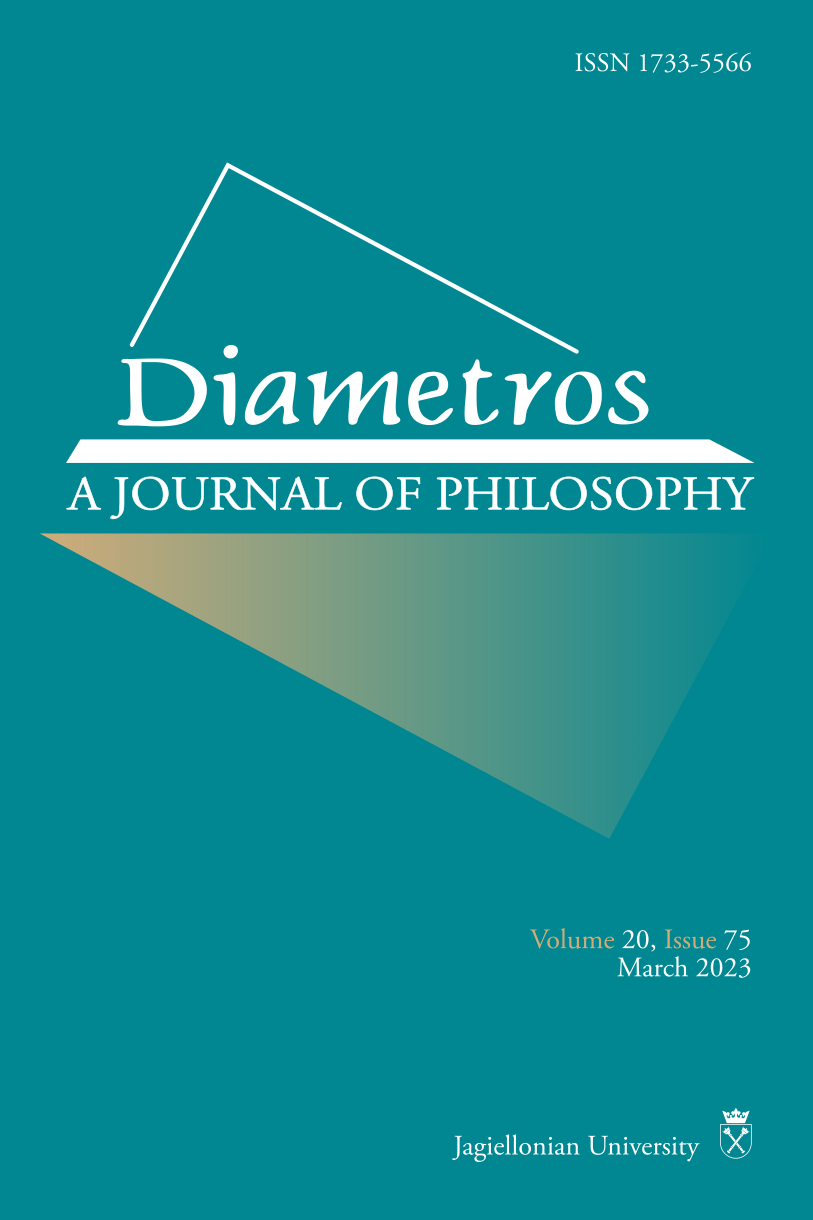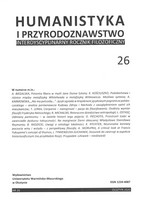Author(s): Ana Bazac / Language(s): English
Issue: 3/2019
Arthur Schopenhauer’s Mirror: the Will, the Suffering, the Compassion as Philosophical Challenges. In philosophy, the celebration of Arthur Schopenhauer has already ended. Only the last year was anniversary (of his birth and of the publication of the first volume of The World as Will and Representation), but the importance of this non-conformist creator is never superfluous to highlight.In this article, there is, certainly, a very limited/selective focus on the thinking of Schopenhauer, and no biographical approach: the goal is only to stress two aspects of his philosophy in their logic. Schopenhauer was an enthusiastic Kantian: first of all, by taking over his maestro’s seminal paradigm, the constructivism (that does not pertain only to the ‘theory of knowledge’, but marks the entire existence analysed at different philosophical levels). Secondly, by the ethical focus and accent, continuing Kant’s exceptional emphasis of the ultimate reason of the tableau of the world, the human reason and its power to treat the others in moral manner. And certainly, Schopenhauer was not an epigone, but a creator, using and at the same time giving other content to the Kantian form of ethical revolution.Schopenhauer had, obviously, contradictory ideas – as that between his constructivism and his metaphysical treatment of the will, i. e. as the only principle explaining the world – and also with disputable significance, including for the actual life and thinking. But he had a “bad publicity” from the dominant philosophy – namely, some of his ideas (as that of the moral of compassion) were, and still are, absolutely ignored, while other ones were simplified or transformed in the “conception of Schopenhauer”, reducing this one to some ideas out of context – and even nowadays this tradition is dominant. And it’s pity, because Schopenhauer’s philosophy was and represented a dramatic moment in the history of the 19th century thinking and culture: as it is a strange mirror for the present much graver situation.In order to critique the present it’s not necessary to do it from Schopenhauer’s perspective. However, just his contradictory ideas and pathetic accent on compassion show better than ever that neither philosophy – as theoretical position – nor the urging for moral activism are more than vox clamantis in deserto: if the historical facts, which include this urging and the spring of thinking but are not confined to them, are missing.
More...














